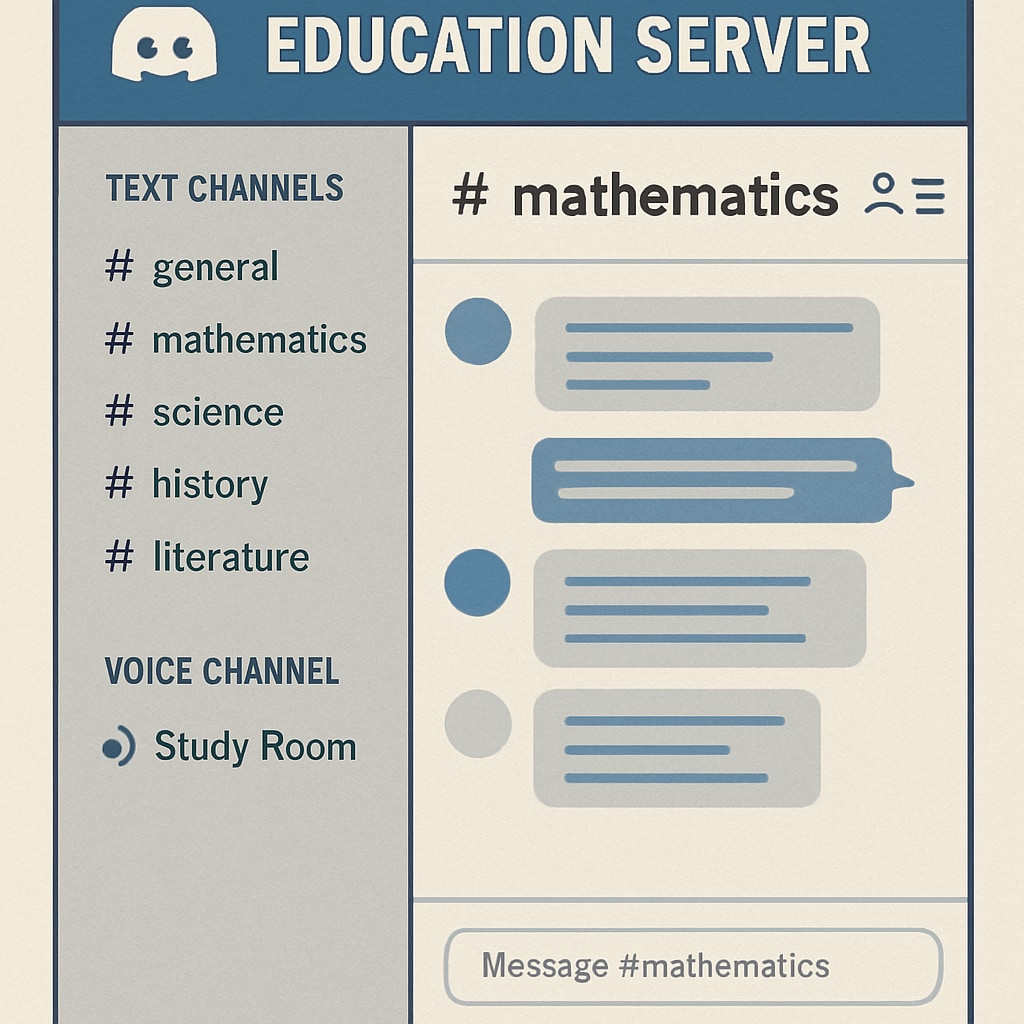Creating collaborative and efficient learning groups is vital for fostering student success in both higher and K12 education. The University of Houston has demonstrated the power of structured learning communities in enhancing academic achievement and social interaction. By incorporating tools like Discord, K12 educators can explore similar strategies to build productive learning environments. This article delves into the University of Houston’s approach and discusses how K12 schools can adopt these methods to craft dynamic learning communities.
What Makes Collaborative Learning Communities Effective?
Collaborative learning communities thrive when students feel connected and engaged. At the University of Houston, these groups are designed around shared goals, open communication, and active participation. These principles enable students to work together on projects, share resources, and support each other’s academic growth.
K12 educators can adopt these elements by focusing on:
- Encouraging peer interaction through structured activities
- Providing digital platforms for seamless communication
- Offering mentorship and guidance within learning groups
For example, integrating tools like Discord, a popular communication platform, allows students to collaborate in real time. Discord supports text, voice, and video communication, making it an ideal tool for synchronous and asynchronous interactions.

Leveraging Discord to Foster K12 Learning Groups
Discord, initially designed for gamers, has evolved into a versatile platform for educational use. At the University of Houston, digital tools like Discord are often used to facilitate discussions, host virtual study sessions, and share resources. K12 schools can replicate this model by creating dedicated channels for specific subjects or projects.
Here’s how K12 educators can make the most of Discord:
- Set up private servers for each class or grade level.
- Create topic-specific channels to organize discussions.
- Encourage students to collaborate using voice and video calls for group projects.
- Use moderation tools to ensure a safe and respectful online environment.
For additional insights into using digital platforms in education, you can explore resources like Discord on Wikipedia for detailed functionalities.

Building Sustainable Learning Communities in K12 Education
While tools like Discord provide the technological foundation, the success of learning communities also depends on sustainable practices. The University of Houston emphasizes the importance of leadership, inclusivity, and adaptability in its learning groups. K12 educators can implement these strategies by:
- Promoting leadership roles within student groups to encourage accountability
- Ensuring that all students have equal access to resources and participation opportunities
- Regularly evaluating the effectiveness of learning communities and making necessary adjustments
In addition, educators can foster a sense of belonging by celebrating group achievements and encouraging active contributions from all members. This approach mirrors the University of Houston’s focus on student-centered learning, where the community becomes a source of motivation and support.
For more on collaborative learning strategies, visit Education on Britannica to explore related topics.
Conclusion: Bridging the Gap Between Higher Education and K12
By learning from the University of Houston’s successful implementation of structured learning groups and integrating digital platforms like Discord, K12 educators can create engaging and efficient collaborative environments. These strategies not only enhance academic outcomes but also prepare students for the collaborative demands of higher education and beyond. As a result, K12 learning communities can become hubs of innovation, support, and growth.
Incorporating these practices requires commitment and creativity, but the rewards are undeniable. With the right tools and strategies, educators can empower students to thrive in collaborative settings, setting the stage for lifelong learning and success.


